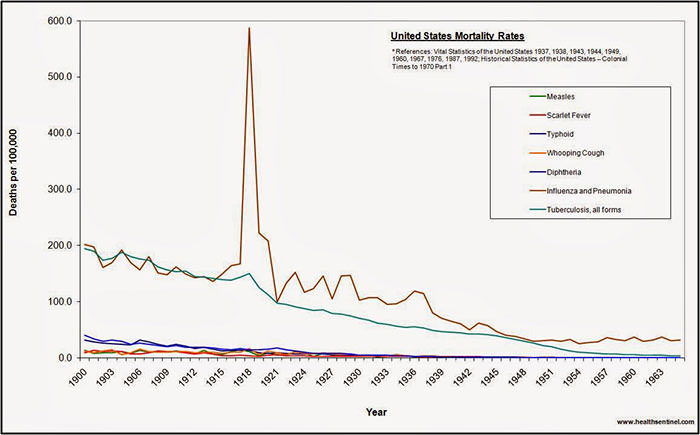One of most truly useless pieces of information lodged in my brain is my zodiac sign; not once in my life have I had any interest in it. But, given the available draws, it isn't too bad, as it's also the name of perhaps the most underappreciated engineering project of the second half of the 20th Century: Project Gemini
A computational biologist's personal views on new technologies & publications on genomics & proteomics and their impact on drug discovery
Monday, March 30, 2020
Saturday, March 21, 2020
1918 Flu Pandemic & Popular Culture: Take Two
My piece on the near amnesia in U.S. culture of the 1918-19 Influenza pandemic provoked a number of helpful comments, emails and conversations. While I would stand behind the statement that it left a light footprint, there are a number of interesting cases, some of which I would never have found by conventional means. Sometimes the collective wisdom of the internet is best for uncovering things, even when you're married to someone who catalogs books for a living.
Tuesday, March 10, 2020
This Time ThermoFisher Catches QIAGEN
This past fall there was a rumor that QIAGEN was being pursued by an acquirer, with the initial tip being scientific conglomerate ThermoFisher but then other possibilities floated by. QIAGEN was seen as ripe for such an action as their long-time CEO had stepped down. QIAGEN made a very public announcement that they would continue independently under their new CEO, but that is no longer the case: ThermoFisher will acquire them, pending regulatory approvals, for something around 11.5B
Sunday, March 08, 2020
Post-AGBT: Miroculus
AGBT ended over a week ago and I've been procrastinating ever since in going through notes and writing up companies. First few days I had the excuse of family time on beautiful Sanibel Island to the north, but since Monday other than obsessing about COVID-19 (and cancelling travel plans) I have no excuses. First up, the microfluidic library prep company Miroculus, based on my notes from talking to their Chief Commercial Officer, Adam Lowe
Saturday, March 07, 2020
Why Didn't the 1919 Flu Leave A Bigger Cultural Imprint?
The still growing COVID-19 pandemic has reminded me of a question I've batted in my head a few times. In 1918 and 1919 a global influenza pandemic killed on the order of 50 million people worldwide. The scale of the jump in flu deaths in the U.S. can be seen in the below plot. That's more than the number of civilians and military personnel estimated to have been killed during World War I. Yet despite this, it would seem that there has been very little impact on culture (at least the culture I am aware of).
Subscribe to:
Posts (Atom)
